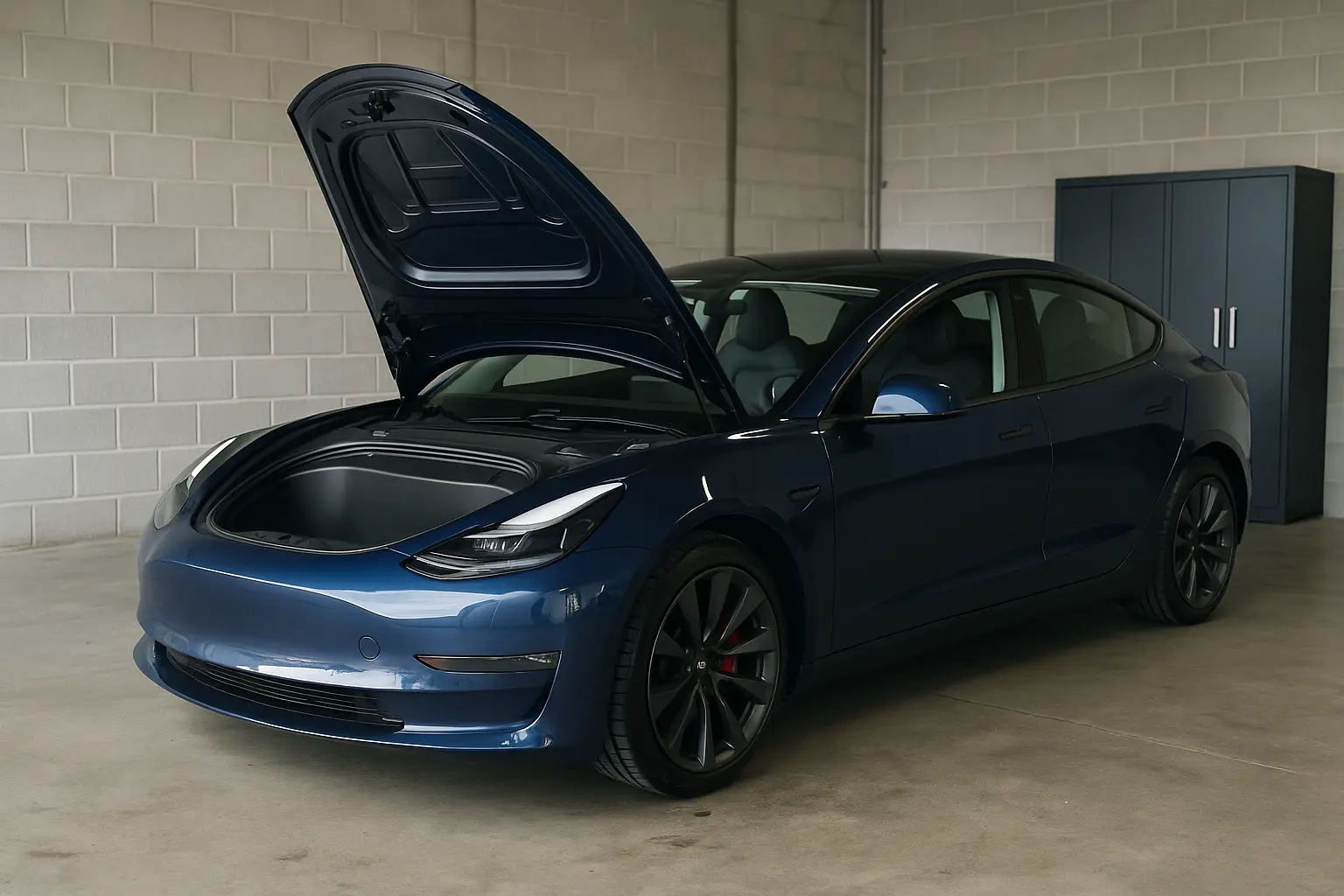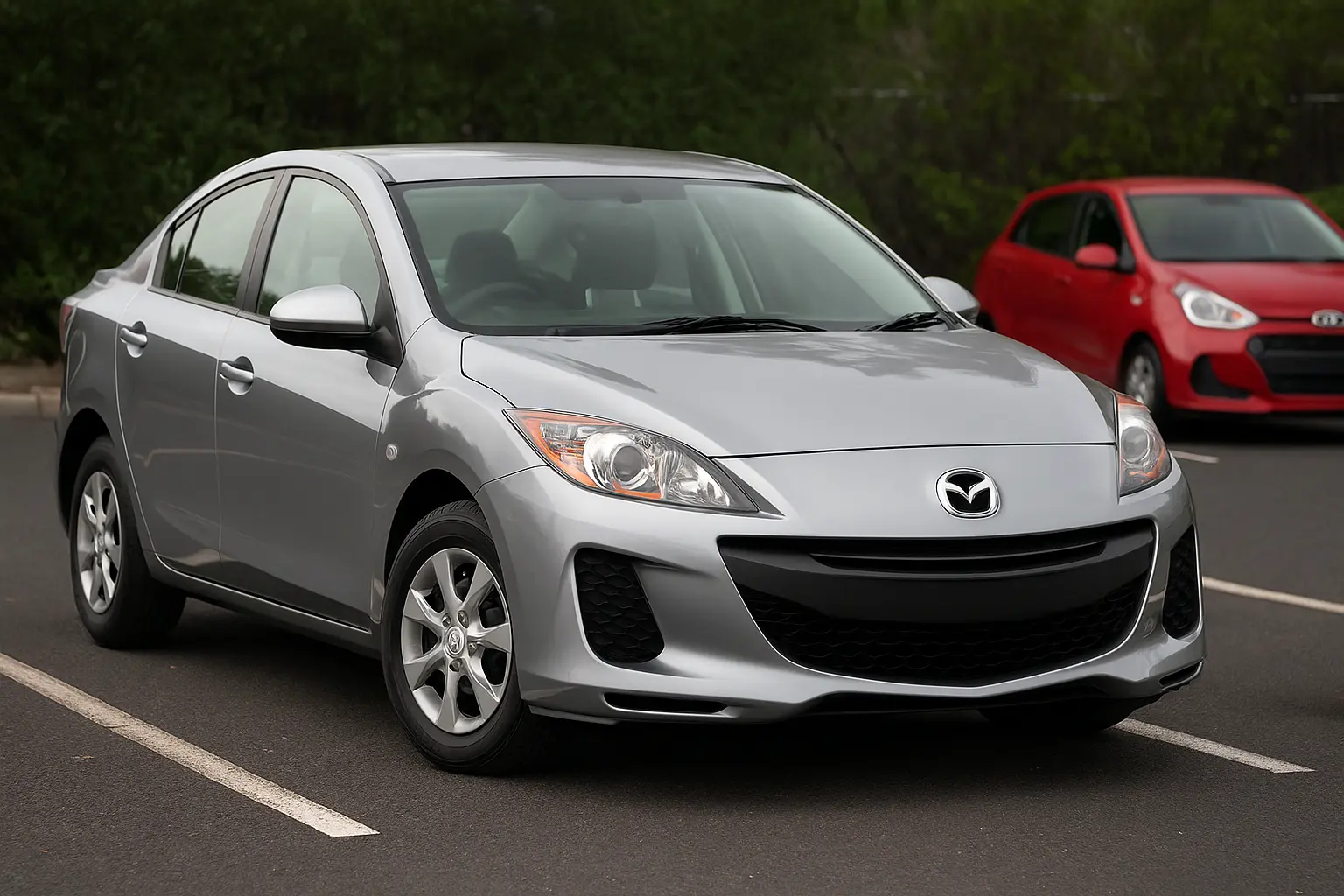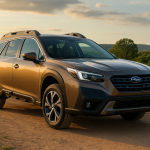When buying a new or used car in Australia, one of the most important yet often misunderstood aspects is the car warranty. It’s the safety net that can save you from costly repairs, but with factory warranties, extended warranties, exclusions, and fine print, many buyers feel overwhelmed.
This in-depth guide will break down everything you need to know about car warranties — from the standard factory coverage to optional extended plans, and the practical realities of what’s actually covered. Whether you’re a first-time buyer or looking to protect your investment for the long haul, understanding warranties will help you make informed, cost-effective decisions.

What Is a Car Warranty?
A car warranty is essentially a promise by the manufacturer or warranty provider to repair or replace faulty parts under certain conditions. It protects you from unexpected mechanical or electrical failures within a set time or kilometre limit.
Think of it as insurance against defects in materials or workmanship. If something breaks due to poor build quality rather than neglect, the warranty should cover it.
In Australia, all new vehicles come with a factory warranty, but you can also choose an extended warranty for longer protection.
The Factory Warranty Explained
The factory warranty (also called a manufacturer’s warranty) is included in the price of a new car. Most brands in Australia offer coverage between 3 to 7 years, depending on the manufacturer and the model.
Common factory warranty terms in Australia:
- Toyota: 5 years/unlimited km
- Hyundai & Kia: 5–7 years/unlimited km
- Mazda: 5 years/unlimited km
- Mitsubishi: 10 years (conditional)
- BMW & Mercedes-Benz: 3 years/unlimited km
- Tesla: 4 years/80,000 km (basic), 8 years for battery and drive unit
The warranty period begins from the date of first registration, not the date you buy it second-hand (unless unused).
What’s Covered Under a Factory Warranty?
Factory warranties usually cover:
- Engine components (pistons, crankshaft, cylinder head, timing chains, etc.)
- Transmission systems (gearbox, torque converter, clutch packs for automatic)
- Electrical systems (alternator, ECU, infotainment, sensors)
- Suspension and steering parts
- Air conditioning systems
- Fuel system components
- Exhaust system (non-wear)
What’s Not Covered?
No matter how generous the warranty, there are exclusions. Typically, factory warranties don’t cover:
- Normal wear and tear items (brake pads, tyres, clutch, wiper blades, bulbs)
- Routine maintenance (oil changes, filters, fluids)
- Damage from neglect or misuse (racing, off-road misuse, overloading)
- Accident damage (covered by insurance, not warranty)
- Modifications (non-approved aftermarket parts can void coverage)
Extended Car Warranties
Once the factory warranty expires, you’re on your own — unless you choose an extended warranty. This is optional coverage that can be purchased through:
- The car manufacturer (OEM extended warranty)
- A dealer at the time of sale
- Third-party warranty providers
Extended warranties can stretch coverage up to 10 years or beyond, offering peace of mind for long-term ownership.
Types of Extended Warranties in Australia
- Manufacturer Extended Warranty
- Bought directly from the car brand
- Maintains genuine parts and factory-trained servicing
- Usually more expensive, but more reliable
- Dealer Extended Warranty
- Often bundled with car finance or service contracts
- May require servicing at specific dealerships
- Coverage can vary, sometimes limited
- Third-Party Extended Warranty
- Offered by independent insurers/warranty companies
- Flexible coverage, often cheaper
- Risks include exclusions and disputes over claims
Are Extended Warranties Worth It?
Extended warranties can be worthwhile if:
- You plan to keep your car beyond 5 years
- You’re buying a luxury or high-tech vehicle (where repair costs are high)
- You drive long distances (higher wear)
- You want predictable ownership costs
But for reliable brands with long factory warranties (like Kia or Toyota), paying extra might not be necessary.
Extended Warranty Costs
The cost of extended warranties varies widely:
- Small cars: $800–$1,500
- SUVs/utes: $1,500–$3,000
- Luxury cars: $3,000–$6,000+
Always weigh the cost of the warranty against the likelihood and cost of major repairs.
Common Misconceptions About Warranties
- “A warranty covers everything.”
False. Routine wear and tear isn’t included. - “I must service at the dealer.”
Not always true. Under Australian Consumer Law (ACL), you can service at any licensed mechanic, provided they use quality parts and follow the manufacturer’s service schedule. - “Extended warranties are mandatory.”
No. They are optional add-ons, often pushed by dealers for profit.
Australian Consumer Law (ACL) and Warranties
Beyond factory and extended warranties, ACL provides statutory protection. Even if your warranty expires, ACL ensures products must be of acceptable quality, fit for purpose, and free from defects.
For example, if your transmission fails just outside the warranty period, you may still have rights under ACL, especially if the fault is deemed unreasonable for the car’s age and mileage.
Warranty and Used Cars
Buying a used car in Australia? Warranty rules differ:
- Dealer used cars: By law, licensed dealers must provide a statutory warranty for certain used vehicles. For example, cars under 10 years old and with less than 160,000 km at sale may come with a 3-month/5,000 km warranty (varies by state).
- Private sales: No warranty is included. The car is sold “as is”.
Extended warranties are often available for used cars, but they may come with stricter conditions.
EV and Hybrid Car Warranties
With the rise of electric vehicles (EVs) and hybrids, warranties have evolved. Most EV makers offer separate coverage for the battery:
- Tesla: 8 years/160,000–240,000 km (depending on model)
- Hyundai & Kia EVs: 8 years/160,000 km battery warranty
- Toyota hybrids: 10 years (with annual battery health checks)
Given the cost of EV batteries, this warranty coverage is critical for long-term ownership confidence.
How to Get the Most Out of Your Car Warranty
- Follow the service schedule exactly
- Keep all receipts and records (proof of proper maintenance)
- Avoid unauthorised modifications
- Report issues promptly before they escalate
- Check coverage before repairs to avoid surprises
Warranty Vs Car Insurance
It’s easy to confuse warranties with insurance, but they serve different purposes:
- Warranty: Protects against manufacturing defects or component failures.
- Insurance: Covers accidental damage, theft, natural disasters, and liability.
Together, they provide full protection for your vehicle.
The Bottom Line
Understanding your car’s warranty — factory or extended — can save you stress, time, and money. Factory warranties cover the basics, but extended coverage can provide extra peace of mind, especially for high-value cars or long-term ownership.
Always read the fine print, compare options, and remember: Australian Consumer Law gives you additional protection even outside official warranty periods.
Leave a comment
Your email address will not be published. Required fields are marked *




















